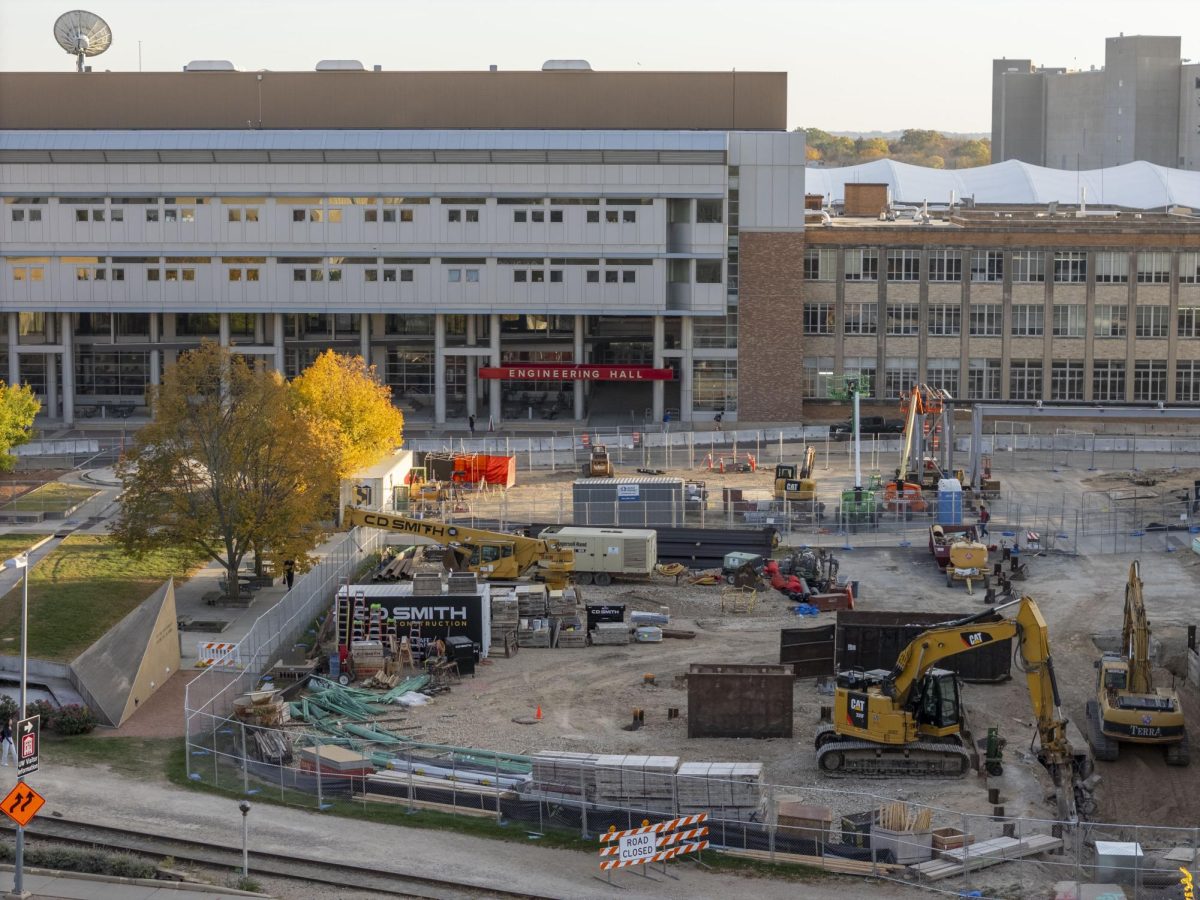Students can expect to start seeing more lax restrictions on alcohol policies because of the new leadership of the Alcohol License Review Committee.
The committee elected a new chair, Ken Kamp, and vice chair, Stephanie Rearick, at its meeting Wednesday night. The former committee, chaired by Tim Breuer, was known for being largely uptight on its decisions and policies, according to City Council President Mike Verveer. However, there are four new members of the committee, and Verveer is optimistic about the new membership.
“I do estimate a lot more requests of ALRC now under its new leadership,” Verveer said.
At the ALRC meeting Wednesday, the committee unanimously agreed to allow Kami Eshragi, owner of the Kimia Lounge, to have late-night alcohol specials seven days per week. Previous to this amendment, late-night specials were only allowed Sundays through Thursdays.
Due to Kimia Lounge’s location at 14 W. Mifflin St. and its high prices, many believe it is not a big student attraction. Eshragi said that having specials seven times per week was necessary in order to be a viable competitor with other Madison lounges and bars, especially since businesses like the Rainbow Room and the Majestic are not subject to the same restrictions. The new committee granted Eshragi his request.
Other liquor-serving operations are also trying to take advantage of this less rigid committee.
Eric Fleming, owner of Crave Restaurant and Lounge, came to the meeting to request an extended closing time of his newly opened restaurant. He said that most of the people who come to Crave are around 30 to 35 years old and come to Crave later in the evening, at around 11 p.m. Yet they have been unable to finish their meals because the restaurant was forced to be vacant by midnight. Now, although Crave must stop serving alcohol at midnight, the restaurant can remain open late. At the next meeting, the committee may reconsider allowing an extended time for serving liquor at Crave.
Due to current alcohol policies, drinking is allowed solely in the bar area of the Orpheum Theatre; however, this leads to congestion in the lobby. Henry Doane, the Orpheum’s owner, is also hoping to reap the benefits of a less conservative ALRC.
“I hope they ease up on music venues,” Doane said.
After dealing with concerns from the city police department, Doane hopes to attend the next ALRC meeting to request a lift on the ban on alcohol consumption in the Orpheum’s main theater.
The new committee may also have effects on the University of Wisconsin’s student population.
“I do think that the ALRC will be a lot friendlier towards student issues,” Verveer said.
According to Verveer, students may also reap the benefits of a more flexible ALRC by less rigid policies toward fake IDs. Verveer also hopes the committee will provide more venues for students, including more DJs, live music and dance establishments.
“The committee has seen a huge, long-overdue facelift. I have high hopes and expectations,” Verveer said.







